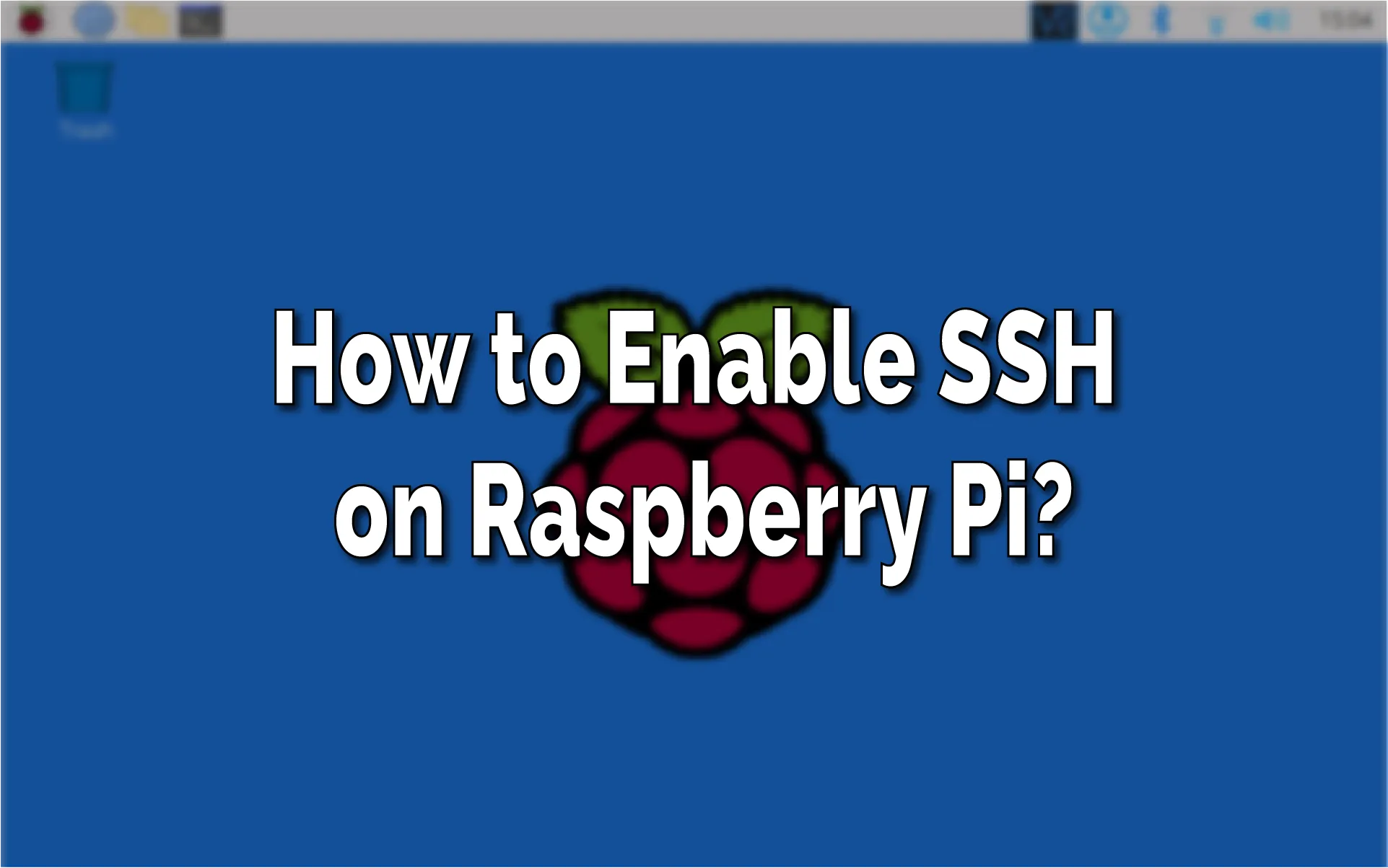Are you searching for the best remote IoT platform that supports SSH key access and works seamlessly with your Raspberry Pi at no cost? Look no further! In today’s interconnected world, the Internet of Things (IoT) has revolutionized how we interact with devices remotely. Raspberry Pi, a compact yet powerful single-board computer, has become a go-to choice for IoT enthusiasts and professionals alike. With the right platform, you can unlock endless possibilities, from home automation to industrial applications, all while ensuring secure access through SSH keys.
Remote IoT platforms simplify the process of managing and monitoring devices, making them ideal for beginners and experts. But not all platforms are created equal. Some lack essential features like SSH key integration, while others come with hefty subscription fees. Finding a platform that is both feature-rich and free can be a challenge. This article will guide you through the top options available, ensuring you get the most out of your Raspberry Pi without breaking the bank.
Whether you’re a hobbyist, a developer, or a business owner, understanding how to choose the right IoT platform is crucial. Security, ease of use, scalability, and cost are just a few factors to consider. By the end of this article, you’ll have a clear roadmap to selecting the best remote IoT platform with SSH key support for your Raspberry Pi, empowering you to take your projects to the next level.
Read also:Jensen Ackles Journey In Smallville A Hidden Gem In His Acting Career
Table of Contents
- What is a Remote IoT Platform?
- Why Use SSH Keys with Raspberry Pi?
- Is There a Free Remote IoT Platform for Raspberry Pi?
- How to Choose the Best Remote IoT Platform?
- Best Remote IoT Platform with SSH Key Access for Free Raspberry Pi
- Step-by-Step Guide to Set Up SSH Keys
- Common Challenges with Remote IoT Platforms
- How to Troubleshoot SSH Key Issues?
- Future of Remote IoT Platforms
- Conclusion
What is a Remote IoT Platform?
A remote IoT platform serves as a centralized hub for managing, monitoring, and controlling IoT devices from anywhere in the world. These platforms provide tools and interfaces that make it easier to connect devices, collect data, and analyze performance. For Raspberry Pi users, remote IoT platforms are invaluable, as they allow you to interact with your devices without being physically present.
Why Use SSH Keys with Raspberry Pi?
SSH keys are a secure way to authenticate and access your Raspberry Pi remotely. Unlike passwords, SSH keys are nearly impossible to crack, making them a preferred choice for securing IoT devices. They ensure that only authorized users can access your system, protecting it from unauthorized access and potential cyber threats.
Is There a Free Remote IoT Platform for Raspberry Pi?
Yes, there are several free remote IoT platforms that work seamlessly with Raspberry Pi. These platforms offer a range of features, including device management, data visualization, and automation tools, all without any cost. However, it’s essential to evaluate these platforms based on your specific needs to ensure they meet your requirements.
How to Choose the Best Remote IoT Platform?
Choosing the right platform can be overwhelming, given the variety of options available. Here are some key factors to consider:
- Security: Look for platforms that support SSH key authentication.
- Scalability: Ensure the platform can grow with your project.
- Compatibility: Verify that the platform supports Raspberry Pi.
- User Interface: Choose a platform with an intuitive interface.
- Cost: Opt for free platforms if budget is a concern.
Best Remote IoT Platform with SSH Key Access for Free Raspberry Pi
When it comes to finding the best remote IoT platform with SSH key support for free Raspberry Pi, a few options stand out. Platforms like Balena, Home Assistant, and ThingsBoard offer robust features that cater to both beginners and advanced users. These platforms not only support SSH keys but also provide seamless integration with Raspberry Pi.
Step-by-Step Guide to Set Up SSH Keys
Setting up SSH keys on your Raspberry Pi is a straightforward process. Follow these steps:
Read also:Who Is Ariel Helwanis Wife Discovering The Life Of The Mma Journalists Better Half
- Generate an SSH key pair on your local machine using the command:
ssh-keygen -t rsa -b 4096. - Copy the public key to your Raspberry Pi using:
ssh-copy-id pi@your_pi_ip_address. - Disable password authentication on your Raspberry Pi by editing the SSH configuration file:
sudo nano /etc/ssh/sshd_config. - Restart the SSH service:
sudo systemctl restart ssh.
Common Challenges with Remote IoT Platforms
While remote IoT platforms offer numerous benefits, they also come with challenges. Some common issues include connectivity problems, security vulnerabilities, and limited scalability. It’s crucial to address these challenges proactively to ensure a smooth experience.
How to Troubleshoot SSH Key Issues?
If you encounter issues with SSH keys, try the following troubleshooting steps:
- Check if the SSH service is running on your Raspberry Pi.
- Verify that the public key is correctly added to the authorized_keys file.
- Ensure that the permissions for the .ssh directory and authorized_keys file are set correctly.
Future of Remote IoT Platforms
The future of remote IoT platforms looks promising, with advancements in AI, machine learning, and edge computing. These technologies will enhance the capabilities of IoT platforms, making them more intelligent, efficient, and secure. For Raspberry Pi users, this means even more opportunities to innovate and create groundbreaking projects.
Conclusion
Finding the best remote IoT platform with SSH key access for free Raspberry Pi can significantly enhance your IoT projects. By choosing the right platform and following best practices for SSH key setup, you can ensure a secure and efficient remote management experience. Whether you’re a beginner or an expert, the possibilities are endless when you combine the power of Raspberry Pi with a reliable IoT platform.

